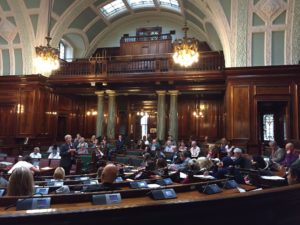A seminar organised by the Institute for Local Governance which took place at the Dolphin Centre, Darlington, 19th January 2018 from 9.30 – 1.00.
Arts and heritage initiatives, it is often claimed, can make a substantive contribution to social and economic regeneration in addition to their cultural contribution. In bald economic terms, assessing the value of such interventions is not so hard to do. The economic value of the direct local spend on services or employees can be measured, together with estimates of multiplier effects on other activities. But social impact is harder to examine. There are ‘tool kits’ available to assess social impact in a more or less standardised way. But the likelihood is that the contribution has many dimensions and complex and controversial judgements on what constitutes impact.
The aim of this seminar was to get beneath the surface of these issues by exploring interactions between local political and strategic investment in the arts and heritage and the development of tangible, sustainable and well used projects and programmes which can contribute to social, cultural, environmental and economic wellbeing.The purpose of the seminar was therefore not merely to showcase good work, but to explore the challenges which have been overcome in garnering economic and political support for such interventions. It also explored the complexities surrounding funding and delivery of new and innovative projects and energising communities to use them.
The seminar was the first of two seminars on this topic. The second seminar was held in Newcastle on 27th April, entitled “The Power of Arts and Heritage to attract Regional Investment”. This follow-up seminar took forward the issues by bringing together speakers from policy and practice perspectives in the north of the region to debate the principle that ‘nothing stands still’ and that the impetus for political, financial and community investment must be continually nurtured. This is easily said, but how can this happen with so many ‘competing’ demands?
Speakers at the Darlington event on the 19 January 2018 included:
- Sharon Paterson, Associate Director, Mima (Culture and Engagement), Teesside University: will chair and provide a contextual introduction to the seminar.
- Linda Tuttiett, Head of Culture and Tourism, Tees Valley Combined Authority: on the accumulated impact of arts and culture on the future social and economic wellbeing of Tees Valley.
- James Beighton, Director, Tees Valley Arts: on the role of the arts in the diverse communities of Tees Valley.
- Liz Fisher, Director of Engagement, Auckland Castle Trust: on the social objectives of a major arts and heritage investment in Wear Valley.
- Lynda Winstanley, Director, Hippodrome Theatre, Darlington: on the contribution of theatre to the economic, social and cultural fabric of the region.
The presentations from the seminar can be downloaded here:
Liz fisher Auckland Castle Trust
Sharon Paterson Contextual-introduction
Lynda Winstanley Darlington Hippodrome
James Beighton Tees Valley Arts.pptx
Linda Tuttiett Tees Valley Combined Authority


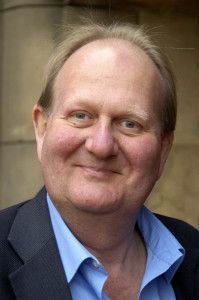
 Professor Fred Robinson has been working with Professor Keith Shaw and Sue Regan of Northumbria University on a major study of governance in the North East of England. The findings have just been published; the Report is now available at
Professor Fred Robinson has been working with Professor Keith Shaw and Sue Regan of Northumbria University on a major study of governance in the North East of England. The findings have just been published; the Report is now available at 
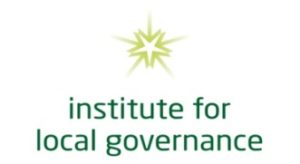
 Weston Foundation, includes responses from 1,462 third sector organisations in the North West of England.
Weston Foundation, includes responses from 1,462 third sector organisations in the North West of England. wo other major studies in North East England, funded by Community Foundation Tyne & Wear and Northumberland (who are now responsible for the legacy of the Northern Rock Foundation Third Sector Trends study and for the development of future iterations of the project) and Yorkshire and the Humber funded by Joseph Rowntree Foundation.
wo other major studies in North East England, funded by Community Foundation Tyne & Wear and Northumberland (who are now responsible for the legacy of the Northern Rock Foundation Third Sector Trends study and for the development of future iterations of the project) and Yorkshire and the Humber funded by Joseph Rowntree Foundation.
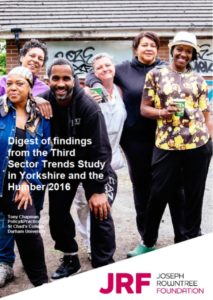
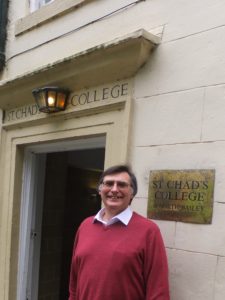 ents in Durham University Business School.
ents in Durham University Business School.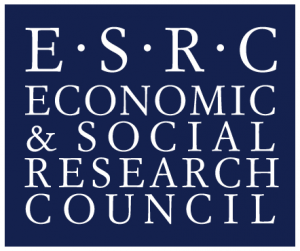 This is the first time in the project that public-sector organisations involved in the project have come together with other funding organisations, infrastructure bodies and practicing third sector organisations.
This is the first time in the project that public-sector organisations involved in the project have come together with other funding organisations, infrastructure bodies and practicing third sector organisations.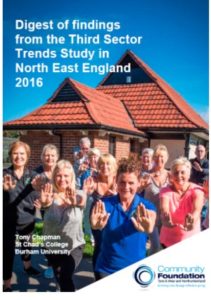 This report presents key findings from the Third Sector Trends study in 2016 from across Northern England and specifically in North East England and for each of its four sub-regions: Northumberland, Tyne and Wear, County Durham and Tees Valley. Key findings can be found in the
This report presents key findings from the Third Sector Trends study in 2016 from across Northern England and specifically in North East England and for each of its four sub-regions: Northumberland, Tyne and Wear, County Durham and Tees Valley. Key findings can be found in the 